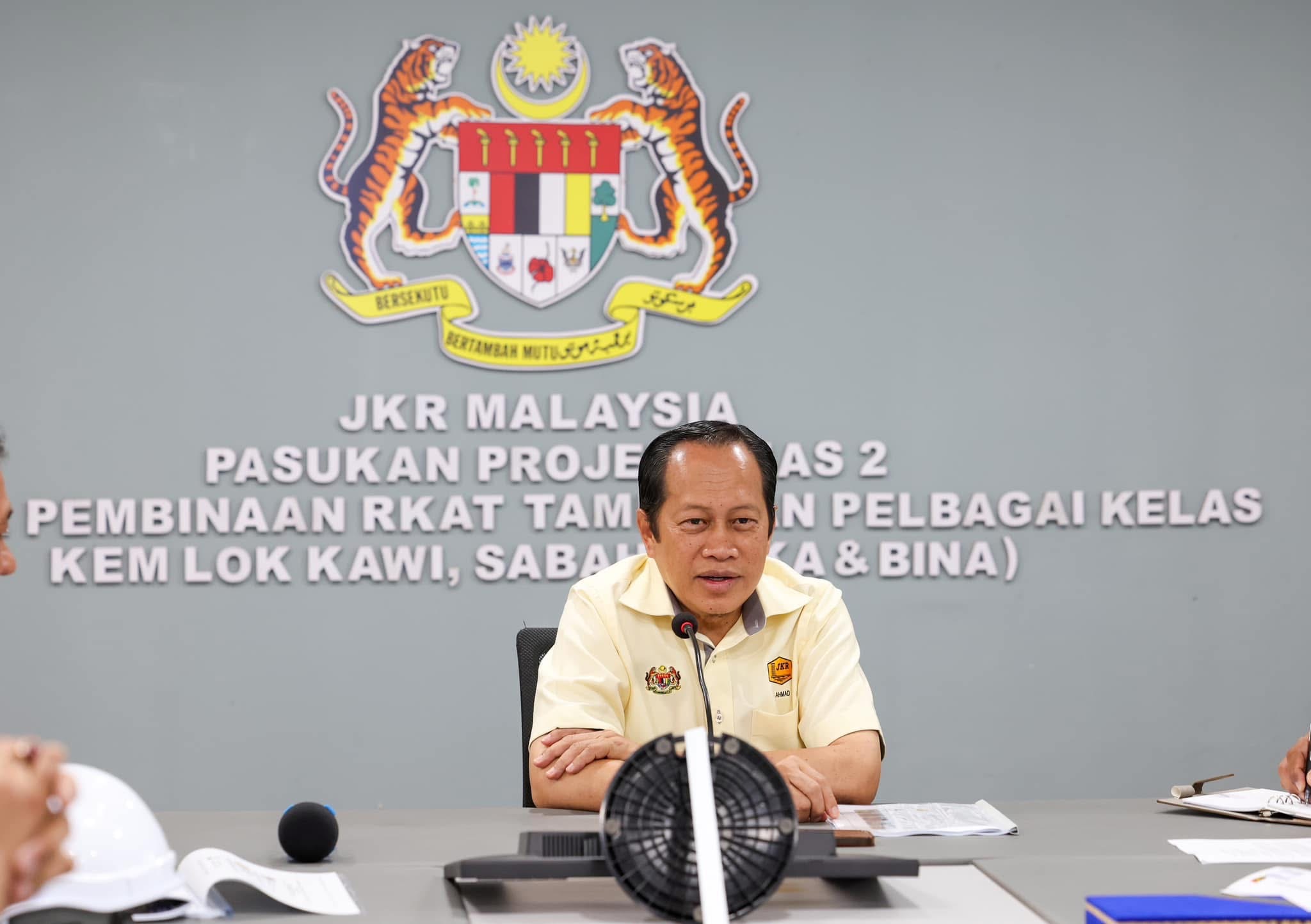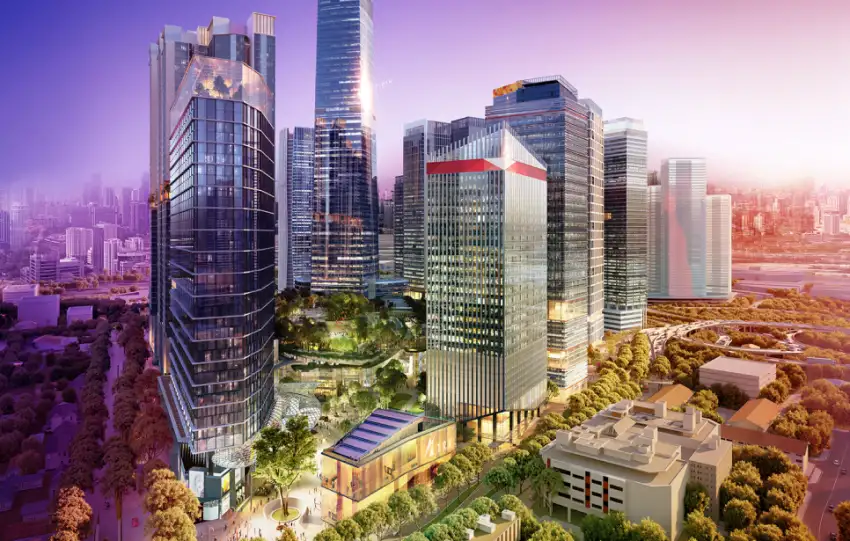March 31 – Malaysia is making significant strides in incorporating Environmental, Social, and Governance (ESG) principles into public infrastructure development. The Ministry of Works (Kementerian Kerja Raya, KKR) recently reinforced this commitment during a visit to one of its key housing projects, emphasizing the importance of ESG standards in delivering high-quality, safe, and sustainable developments.
ESG Integration in Infrastructure Projects
One example is the ongoing construction of 513 residential units for the Malaysian Armed Forces in Lok Kawi, Sabah. Valued at RM188 million, the project covers 637 acres and includes housing units, mechanical and electrical works, water tanks, and waste management systems. To promote efficiency and worker safety, the project adopts the Industrialized Building System (IBS), a modern construction method that reduces reliance on manual labor and shortens construction time. This approach supports both social and governance aspects of ESG by ensuring safe working conditions, enhancing productivity, and minimizing delays.
Upholding Environmental Compliance and Quality Standards
KKR’s direction for 2025 highlights strict adherence to ESG benchmarks. This involves not only environmental sustainability—through compliance with environmental regulations and responsible resource management—but also prioritizing the safety and welfare of workers on-site. Governance elements are reinforced by ensuring all projects are delivered on schedule, within budget, and up to standard, aligning with the government’s commitment to public accountability.
Advancing the “Zero Sick Project” Policy
A central feature of KKR’s ESG-focused strategy is the “Zero Sick Project” policy. In the construction industry, a “sick project” refers to a development that faces significant delays, financial issues, or poor workmanship, often resulting in abandoned or incomplete projects. By pursuing a “Zero Sick Project” approach, KKR aims to eliminate such risks entirely, ensuring every project is completed efficiently, safely, and to the highest quality. This proactive stance reflects strong governance and social responsibility, benefiting both end-users and the broader community.
Conclusion
Malaysia’s integration of ESG principles into public infrastructure projects reflects a forward-thinking approach to national development. Through responsible environmental practices, improved governance, and a commitment to social well-being, the country is setting new standards in sustainable infrastructure, ensuring long-term value and resilience.
Sources:


